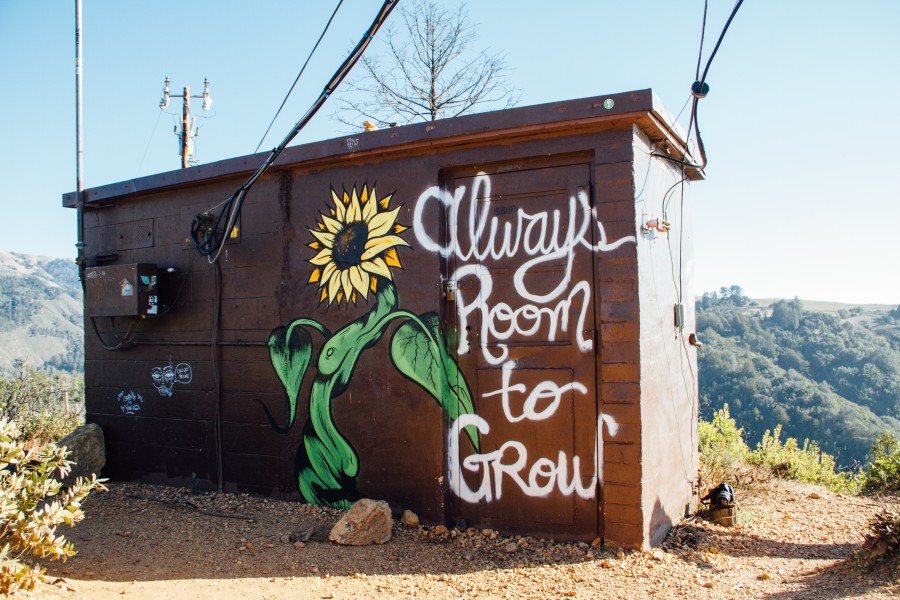Never has the research industry in Africa experienced such an intense shift in operations. One day data collection was typically in-person, then Covid-19 took a turn for the worse and virtually overnight (pun intended), data collection became a virtual affair, all or nothing!
In the last couple of months researchers have had to quickly adapt to new ways of working, as have research participants. If you want to do a quantitative survey in most parts of Africa now, you’re going to have to do it over the phone. That means you need a sizeable database of people with some basic demographic details about them and their phone numbers in order to draw a sample. Your enumerators can then go ahead and make calls so as to administer the questionnaire. Pretty doable, if you had your databases in place pre-Covid. If you were caught flat-footed however then yours is more of an uphill task, as you first have to build the databases. We are privileged at Research PLUS Africa to have access to phone panel databases in various countries across East, West and Southern Africa to draw on during this time.
Moving the focus to qualitative research, the change is significantly more dramatic than that which is being experienced for quantitative research. This is especially true for techniques such as Focus Group Discussions. We are no longer talking phone calls; that just won’t cut it. We have to move the data collection to an online space where the moderator and participants can all see and hear one another at a go and participate fully in the discussion. There are a myriad of elements that come into play such as the participants all needing to have access to the Internet and sufficient data, and to gadgets that have the required capabilities for successful online participation. Similarly all this is needed on the researcher’s end but additionally they need to be able to select a suitable online platform on which to conduct the FGDs. Suitability of platform is critical and some questions we ask to be able to determine this include:
1. Does it have an in-built recording function? This is because qualitative research typically requires recording to aid in transcription post the interviews.
2. Does the platform have a sharing function in case the moderator needs to share stimulus such as pictures, videos, audios or documents in the course of discussion?
3. How many participants can the platform accommodate at a go? The typical FGD has 8 to 10 participants while a Mini-FGD has 4 to 5 participants. Then there is the moderator of course, the note-taker, the observers (clients), the simultaneous translator (quite common to include to help international clients follow the discussion where local African dialects are used), and unique to online FGDs, a technical person to be at hand to resolve any technical challenges that might arise in the course of the FGD. That’s quite a bunch of people you have there!
4. Does the platform have a back-room capability so that observers can observe discretely just as they do with in-person focus groups as aided by a facility with a one-way mirror and viewing room?
5. Are there designated roles and related controls on the platform? For example one would expect that the moderator would be the host as is the case with in-person FGDs, and would then extend invitation to the participants. From our experience running online FGDs it is very useful for the moderator to be able to control the discussion by muting participants until it is their turn to speak so as to avoid background noise that could interfere with the recording. In the case of in-person FGDs we have the luxury of selecting a quiet venue, soundproof even as is the case with our facility at the Marist Research Center. With online FGDs at this time however, everyone is at home with their children, spouses, etc. and it can get pretty noisy. Also related to this, does the platform have hand-raising function for the participants so that even if they are muted and have something to say they can raise their hand and the moderator can call on them and unmute them to speak? Observers too have things to say not to the group but to the moderator e.g. additional questions and probes and so need a chat function through which they can communicate directly to the moderator.
Now that you know what to look for when selecting an online platform to run your Focus Group Discussions on, let me also share a quick tidbit on one other thing that you must do to ensure success of your FGDs. The truth is participating in an online FGD will be somewhat daunting for majority of participants who may never have done this before. Many of them may not even have participated in an in-person FGD so the whole concept of research will be quite novel to them let alone doing it online. The onus is on the moderator therefore to prepare them and handhold them so as to equip them with the necessary skills and information and increase their confidence to participate. One of the ways of doing this is to ensure that you always have a platform testing/learning session with your participants before the actual FGD day. Let everyone tinker around and figure out how to log on, work their audio and video, raise their hands if they want to speak, etc. It’s also critical that everyone logs in 30 minutes prior to the actual FGD so that any technical hitches can be resolved in a timely manner.
In a nutshell virtual research is the new normal for research operations in Africa. Undoubtedly you know that keeping abreast with the needs, perceptions, attitudes, and behaviours of your target market or audience and so pandemic or not, research must go on. I hope you found this article useful and I would welcome any questions or feedback you might have. Hang on, what is that you said? You need our help? Awesome, I thought you’d never ask. Go on and drop me an email with your research query or brief at mokeira@researchplusafrica.com and I promise to get back to you pronto. We’ve got you.


